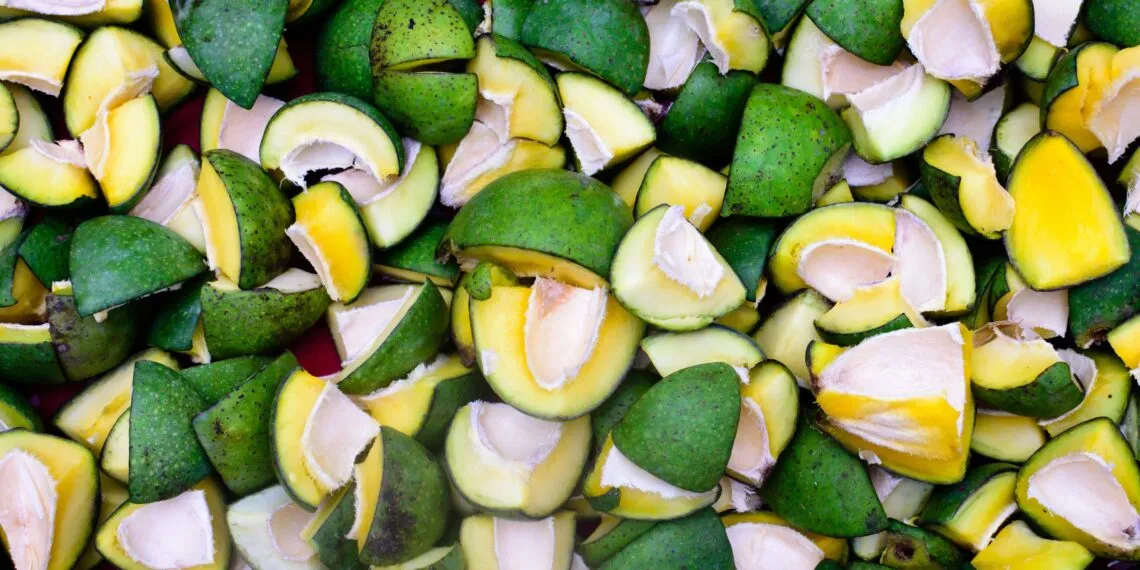For generations, families have passed down recipes for achar (pickles), a fermented pickle delicacy. From tangy mango pickles to spicy buff pickles, these recipes now have been on a journey to global markets for a while. Since when, you ask?
The Covid-19 pandemic played a pivotal role in uplifting pickle trade. Rich in iron, vitamins, calcium, potassium, and several types of antioxidants, pickles are immune-boosting foods. And this awareness increasingly turned people to pickles for their flu-fighting properties.
The Department of Customs first recorded the pickle trade to the Indian market in 2019-20. For the fiscal year 2019-20, there were almost no records of the export. But the following year, the exports were 0.4 tonnes, valued at Rs 3.92 million.
Then, the export increased more than fivefold, reaching 59.98 tonnes, valued at Rs 38.66 million by 2021-22. And, by fiscal year 2023-2024, exports soared to 182 tonnes, valued at a whopping Rs 150.81 million.
According to the Department of Customs, for the first two months of fiscal year 2024/25 (mid-2024 to early 2025), Nepal exported 47.74 tonnes of pickles worth Rs 42.79 million, marking a remarkable 157.74% growth compared to the same period in the previous year.
Empty shelves that once seemed to hold the essence of foreign brands now reflect numerous Nepali logos in supermarkets due to the increasing number of enterprises. Entrepreneurial housewives, foreign returnees, and startups have taken on the seemingly overlooked pickle business. Ama Ko Achar, started in 2011, has become the market leader and enjoys the status of an exporter.
“I could not sleep the whole night the first time I prepared achar out of 10 kg of chillies, thinking if they would ever sell,” Sangita Pandey, the owner of Ama ko Achar, recalls.
Now her business sends out its pickles to countries like the US, UK, Japan, Australia, South Korea, and Denmark, with Australia being the largest customer. The enterprise sells 90 per cent of its production abroad, with a 200-gm jar costing $2 here and $10 in foreign stores after including shipping and import fees.
Among several stories, it is worth mentioning Ghar Ko Achar, founded by Kamala and Rohan Shrestha in 2018. Originally conducted in a home kitchen in Kamala’s house, the business gradually expanded by targeting customers through social media.
“Customers take our products abroad as souvenirs,” says Rohan Shrestha. Currently, Ghar Ko Achar produces about 100 kilograms of pickles weekly, with monthly sales revenue of about Rs 500,000. The brand, offering 17 types of pickles and employing 11 people, exports its products to the UAE, Malaysia, and Japan.
Kitchen recipes aimed at the expertise of Hajuri Bista of Navaras have moved from experiment to formal business. The company had a turnover of Rs 50-60 million in the last financial year and aims to be the major exporter of top-quality pickles overseas.
Another impressive business is Achar Freak, owned by Kripa Basnet, who grew up in Udayapur among the mango trees. Two years ago, she started her pickle business to help local farmers get better prices for their produce. Her company is expanding, helping working women in the region and supporting the local technique of preparing pickles.
Achar is not only food but also a representation of the country’s cuisine, preserving seasonal produce for consumption throughout the year. From spicy Timur Ko Achar to sour Mula Ko Achar and nutritious Gundruk, these pickles offer authentic flavours made from fresh, organic vegetables and spices.
Interestingly, pickles do not fall under the Nepal Trade Integration Strategy (NTIS) 2023, although the product has been growing at a faster pace within the country’s export basket. They evoke nostalgia for Nepalis abroad, representing childhood and family feasts beyond being an exotic treat.
Today, these home-grown brands are making their mark globally, transforming from humble kitchen creations to sought-after products on international store shelves. And, as they delight taste buds globally, these pickles evoke memories of home, heritage, and the rich flavours connecting us to our culinary roots.
Pratikshya Bhatta is a junior editor with Nepal Connect.




